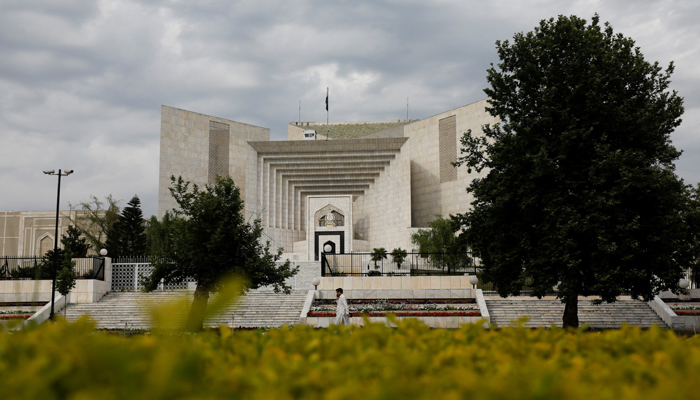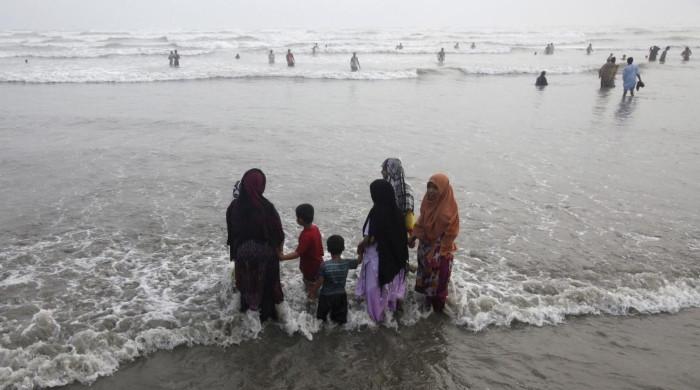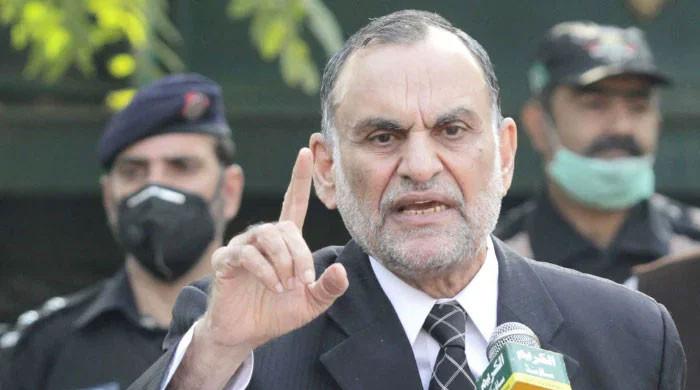Judicial panel to deliberate over SC nominations
In previous session, 6 out of 9 commission members called for expeditious appointments to fill two vacant SC seats
June 12, 2023

- Peshawar High Court Chief Justice Mussarat Hilali among top contenders.
- Names of Justice Qaisar Rashid and Justice Rooh-ul-Amin to also be discussed.
- Sindh High Court top judge's name was unanimously withdrawn from consideration.
ISLAMABAD: Deliberations for nominations pertaining to the Supreme Court will be held by the Judicial Commission of Pakistan on June 14 amid a significant session in Islamabad.
Peshawar High Court Chief Justice Mussarat Hilali, a distinguished name in the legal fraternity, is being touted to remain in the spotlight and a top contender with regards to inclusion in the esteemed judicial institution.
The nominations of former justices of the Peshawar High Court, Justice Qaisar Rashid and Justice Rooh-ul-Amin, will also be discussed during the consultative session.
Meanwhile, the previous session witnessed an engaging discourse as six of the nine commission members called for expeditious appointments to fill two vacant seats in the apex court.
The sources revealed that the highly-regarded name of Sindh High Court Chief Justice Ahmed Ali Sheikh had been unanimously withdrawn from consideration.
In his place, a consensus has been reached to propose PHC Chief Justice Hilali as a candidate. The final verdict on her appointment is eagerly anticipated and will be unveiled during the momentous gathering.
However, Supreme Court Chief Justice Umar Ata Bandial’s recent nomination of two additional candidates has added a captivating twist to the proceedings.
The inclusion of these names has sparked intrigue and raised eyebrows within the commission, fostering an atmosphere of anticipation and curiosity.
Should Chief Justice Hilali’s nomination successfully pass through the commission, it would mark a historic milestone, as she would become the first female judge from Khyber Pakhtunkhwa to grace the distinguished corridors of the Supreme Court.
Her appointment would not only be a moment of pride for the province, but would also reinforce the growing representation of women in Pakistan’s apex court.
Prior to this, Justice Ayesha Malik made history as the first female judge to don the prestigious robes of the Supreme Court, paving the way for future trailblazers.
The nation eagerly awaits the commission’s decision, as it holds the potential to shape the course of the judicial landscape and the quest for gender equality within the country's top court.











